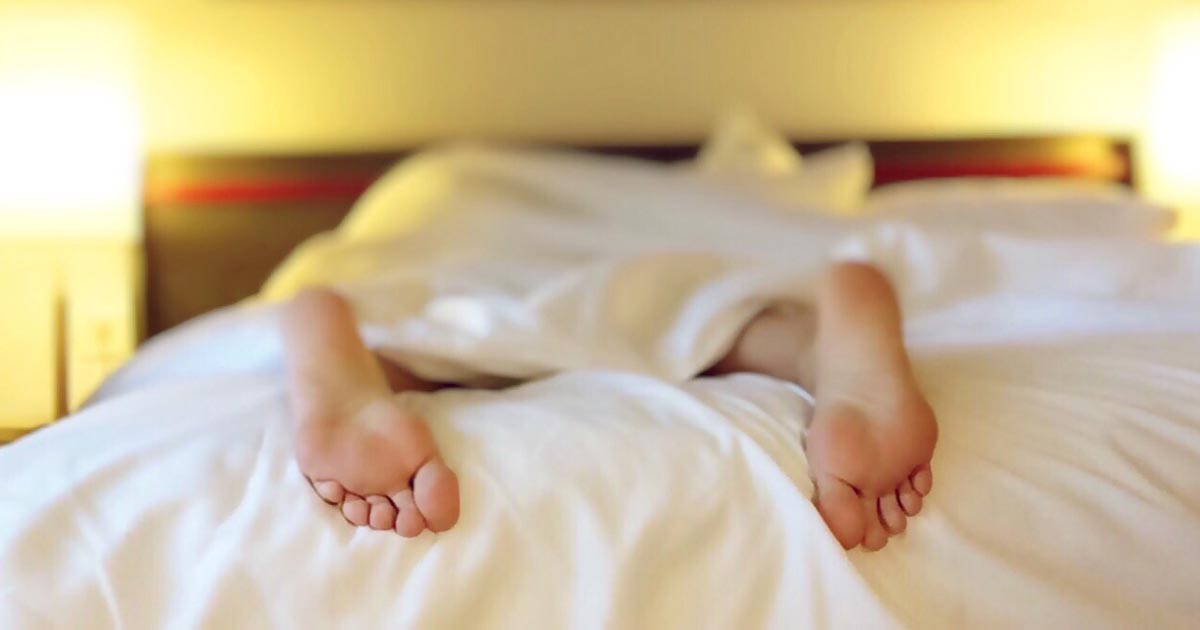In the previous post, we discussed why you probably need more sleep. But how much is enough?
You will hear different opinions on this, with talk of cumulative sleep over a 10-day period, “biphasic sleep” patterns, and the fact a small number of people (and we’re talking smaller than the number of lottery winners) with a unique genetic quirk can genuinely do well on around five hours per night.
That, my friend, is almost certainly not you.
Sleep is essential
Let’s be crystal clear on this: six hours of sleep per night might be okay for a few nights, but it’s simply not enough in the long term.
The research is clear – the vast majority of adults thrive on seven to nine hours of good sleep. But how do we achieve this? Here are the top tips sleep specialists agree on:
Keep it regular
There’s a reason why parents are strict with their kids about bed time – and why kids always seem to have so much energy. Having a set bed time trains your brain to start unwinding in preparation for sleep.
Keep it dark
Nocturnal screen time stimulates the brain with a deluge of light and information – both mortal enemies of sleep.
Artificial light messes with circadian rhythms by reducing levels of sleep regulating melatonin. Even if you fall asleep easily enough after your “unwind” session on Instagram, your brain will struggle to reach and maintain the deep restorative phases of sleep it needs (iPhone’s night shift mode is not the solution; it makes a small, but insufficient, difference, according to research).
Keep it cool
A low core body temperature promotes better and deeper sleep, so turn down the heating or crank that fan.
Too hot to sleep? A hot bath shortly before bed time is a counter-intuitive hack – the hot water encourages a rapid “heat dump” away from the core via dilated skin vessels.
Keep the afternoons decaf
Tired -> caffeine -> wired. For many people this formula works so well their brains will still be hyper alert eight hours or more after their last dose of caffeine. That late afternoon cup of coffee might get you over the hump, but chances are it’s also reducing the quality of your sleep; which means you’ll be fatigued the next day and reach for that extra coffee…
Still not convinced?
Try this experiment for a week:
- Dim the lights in your house from 8pm.
- Switch off all screens by 9pm at the latest.
- Do something relaxing for an hour.
- Go to sleep at 10pm and wake up at 6am.
- At the end of each day of the challenge, take a moment to score how good your day was out of five.
As good scientists we need a control, so go back to your old routine, but keep scoring the days. Compare the scores then decide whether that extra hour of Netflix before bed is really worth it. Chances are you will cancel the experiment for “ethical” reasons two days into the second week.
“But how will I ever get anything done if I have to be in bed that early?!” – I hear you cry. Well, you’ll do it the next day, but you’ll do it better, faster and with a smile on your face.

Leave a Reply